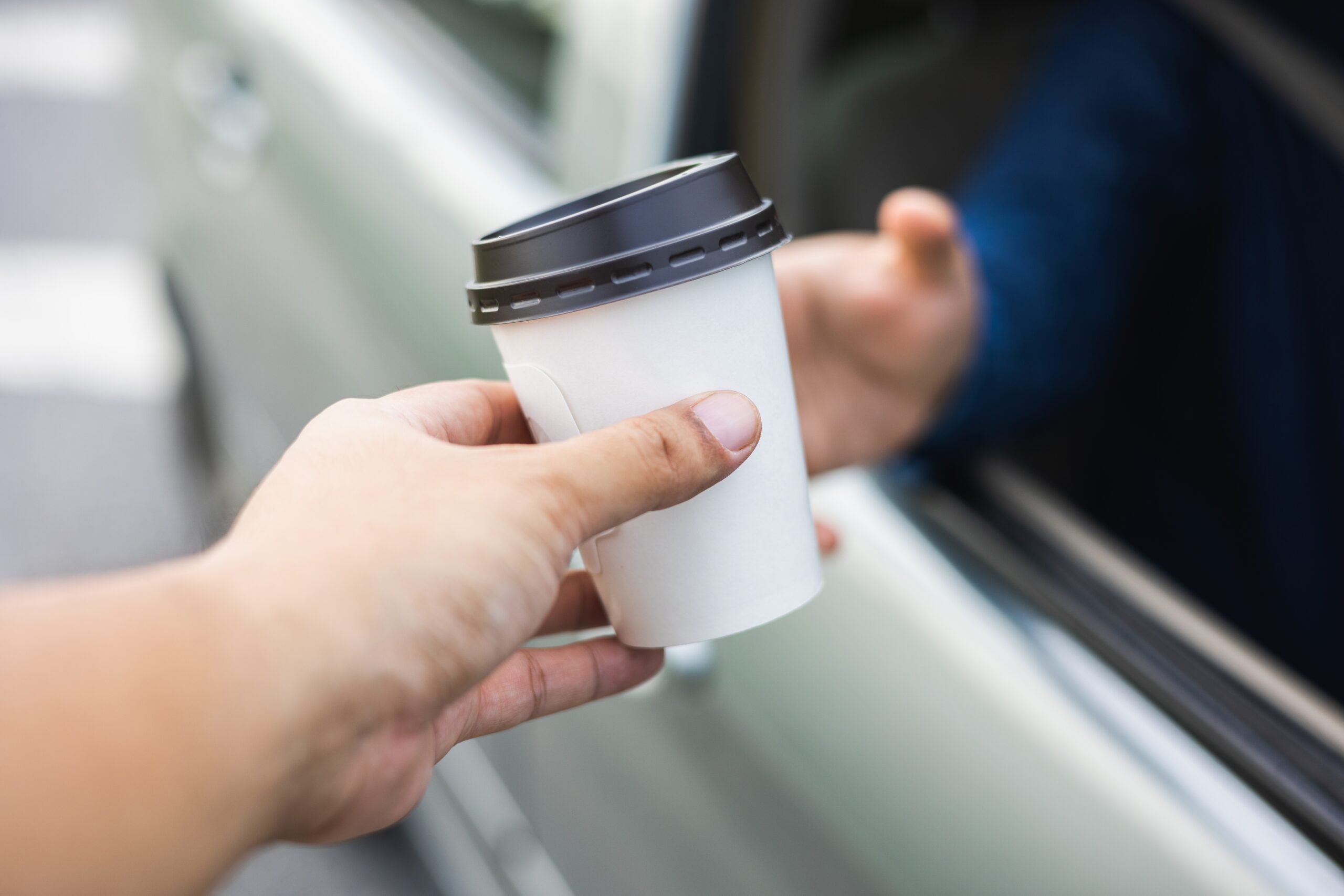When Kramer tried to sue over a hot coffee scalding, the incident was “egregious, outrageous and preposterous,” as his fictional lawyer Jackie Chiles said in a Seinfeld episode at the time.
But a hot drink scalding is no laughing matter. While many may try to make out a case like this as “frivolous”, there have been many before the courts over the years, some successful.
A recent case made headlines in Ontario, when a woman filed a lawsuit over “superheated” black tea.
The family of 73-year-old victim Jackie Lansing is suing Tim Hortons for negligence, and half a million dollars, after she allegedly suffered second-degree burns across her stomach, legs and genitals from a 14-ounce cup of “superheated, scalding” tea in which the cup, the case alleges, “folded in on itself.”
Is a “faulty cup” grounds for a hot drink lawsuit?
The main claims in the suit are that the cup was faulty, that the tea was heated to an unreasonable temperature, and that the victim wasn’t given sufficient warning of the cup’s flaws. She bought the tea at a Tim Hortons drive-thru in Huntsville, Ontario last summer.
Tim Hortons has denied any negligence and responded instead by saying that there is an “assumed risk” for a consumer ordering a hot beverage.
A successful negligence claim such as this must establish the following:

- A duty of care
- A breach of that duty of care
- Causation
- Damages
In addition to proving the faultiness of the cup and the breach of the duty of care, medical evidence would be required in a case like this, to prove that the burns are more serious than the “assumed risk” would inherently refer to.
There have been plenty of similar cases over the years, some successful, some not.
One of the most infamous incidents of this nature occurred in the 1990s, when an Albuquerque woman suffered third-degree burns from a hot coffee she got at a McDonald’s drive-thru, and was eventually awarded nearly $3M USD in damages (the amount was later reduced on appeal to $640,000 USD).
Just earlier this year, a Burnaby, BC woman filed suit against McDonald’s after being burned by hot coffee at a drive-thru location.
Obviously, there is some assumed risk anytime one handles a hot drink; but at the same time, the establishment certainly does need to adhere to a certain duty of care.
If you feel that you or a family member has been the victim of negligence in a burn case, call Horowitz Injury Law immediately at 416-925-4100 for a free consultation. With caring and experience, we’ve been serving our clients for over 35 years, ensuring they get the compensation they so richly deserve.




